Survey Claims Some UK People Struggle to Pay Broadband Bills

A new Which? survey conducted by Yonder has claimed that 7.2% of households missed a bill or housing payment during June 2023 and, among those who missed one or more bills, 32% struggled to pay for broadband and / or TV, rising to 42% for energy bills, 40% for council tax and 38% for water.
The survey, which was weighted to be nationally representative with c. 2,000 respondents, also found that 56% of households reported making at least one adjustment (e.g. dipping into savings, cutting back in other areas, selling possessions or borrowing) to cover essential spending such as utility bills, housing costs, groceries, school supplies and medicines in the last month.
Rocio Concha, Which? Director of Policy and Advocacy, said: “[We are] calling on businesses in essential sectors like food, energy and telecoms providers to do more to help customers get a good deal and avoid unnecessary or unfair costs and charges during this crisis.”
Mark is a professional technology writer, IT consultant and computer engineer from Dorset (England), he also founded ISPreview in 1999 and enjoys analysing the latest telecoms and broadband developments. Find me on X (Twitter), Mastodon, Facebook and Linkedin.
Latest UK ISP News
- FTTP (5688)
- BT (3558)
- Politics (2591)
- Openreach (2336)
- Business (2313)
- Building Digital UK (2269)
- FTTC (2059)
- Mobile Broadband (2030)
- Statistics (1822)
- 4G (1717)
- Virgin Media (1667)
- Ofcom Regulation (1488)
- Fibre Optic (1420)
- Wireless Internet (1415)
- FTTH (1383)






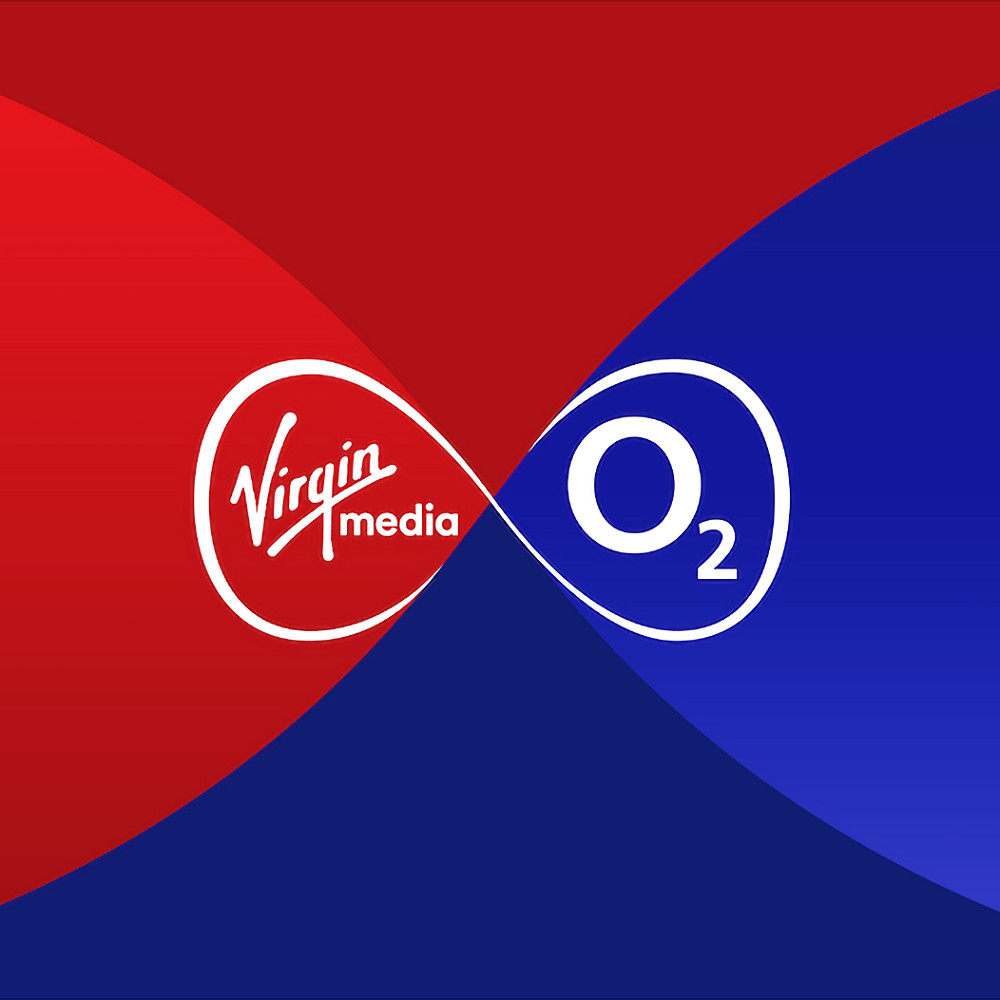




























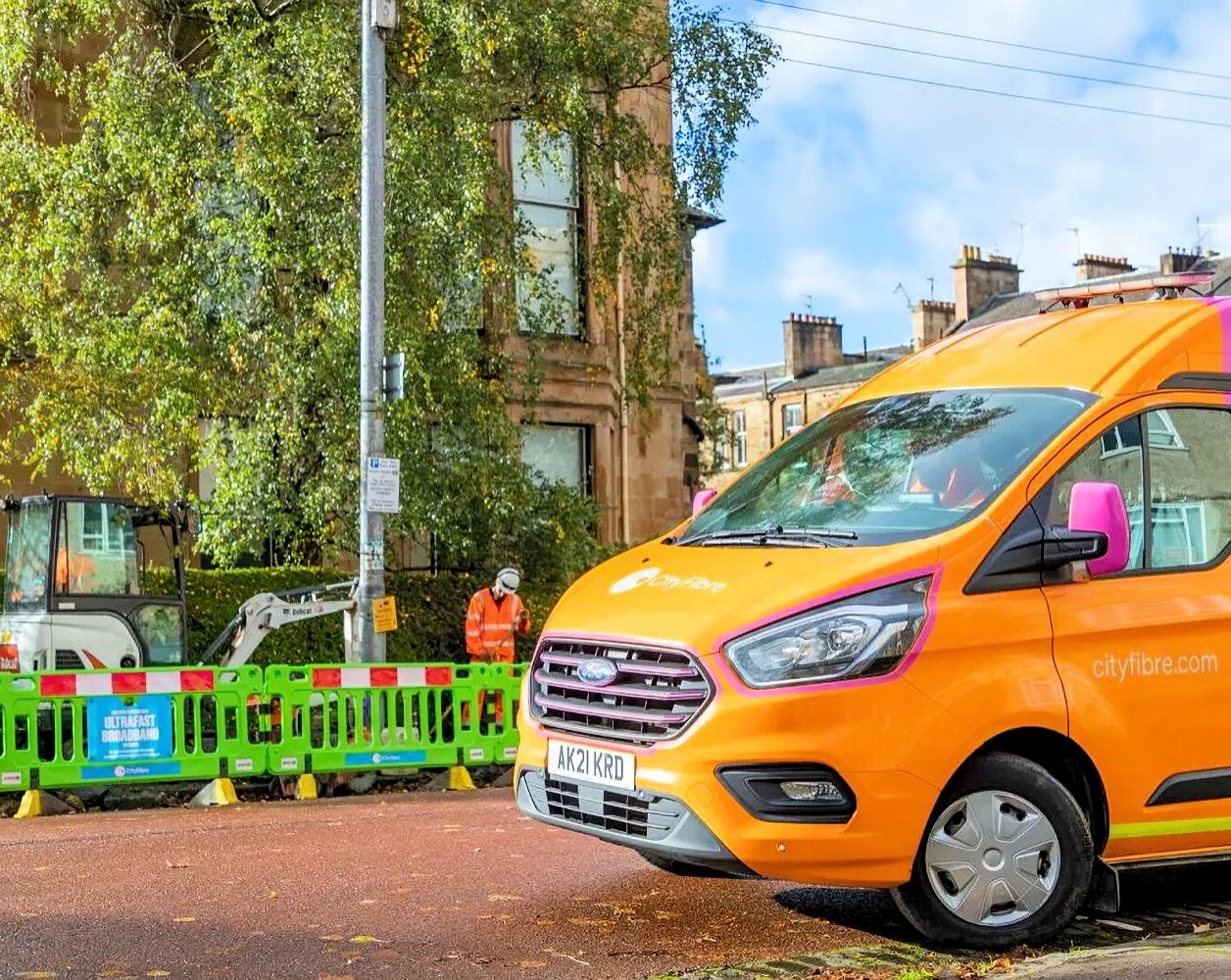


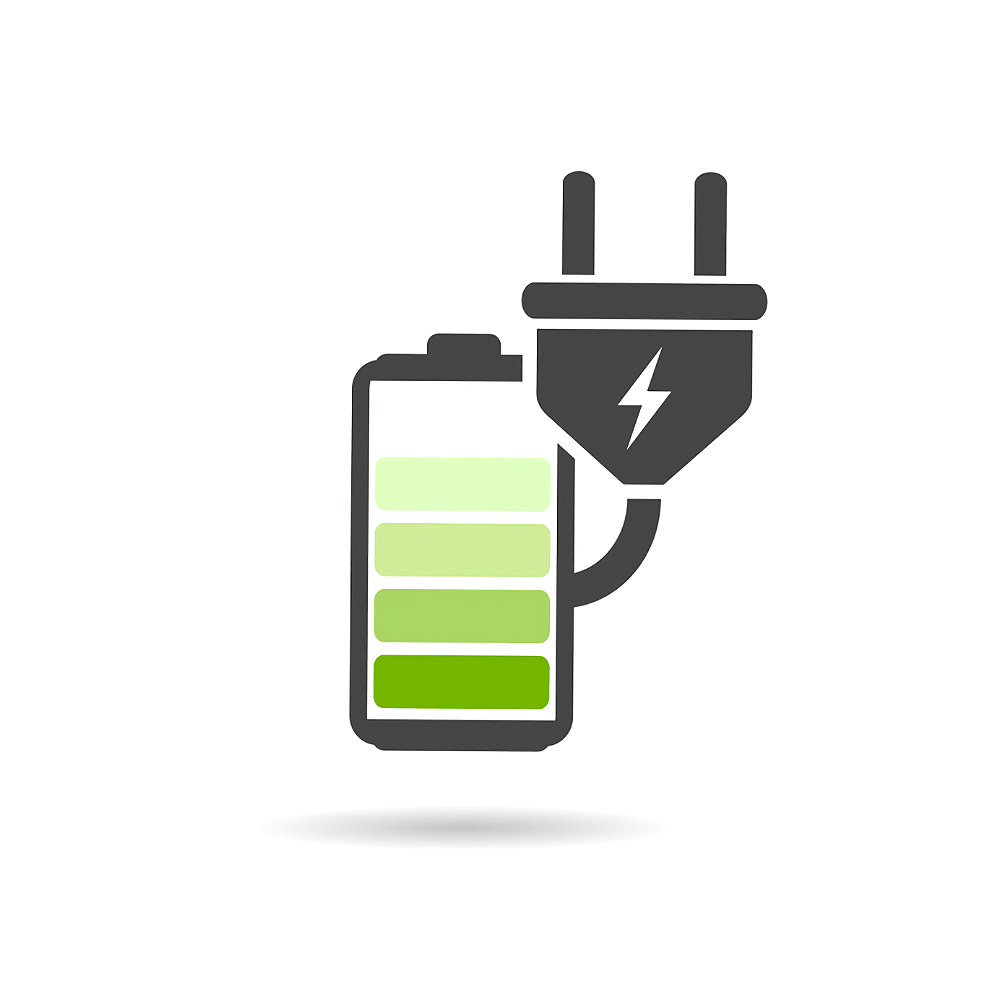




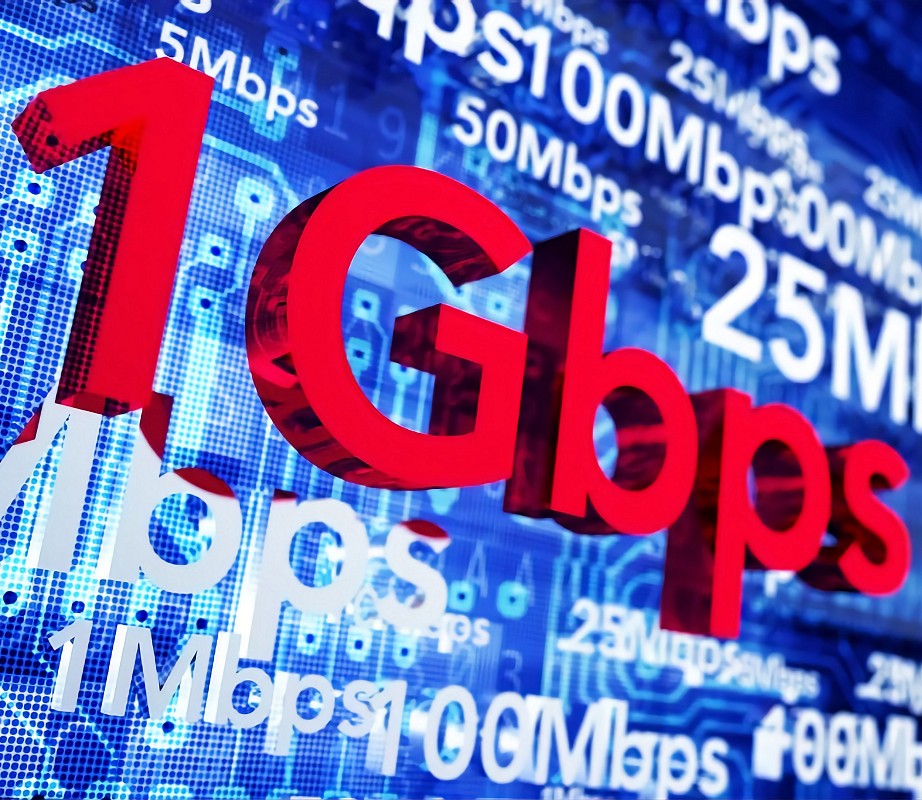
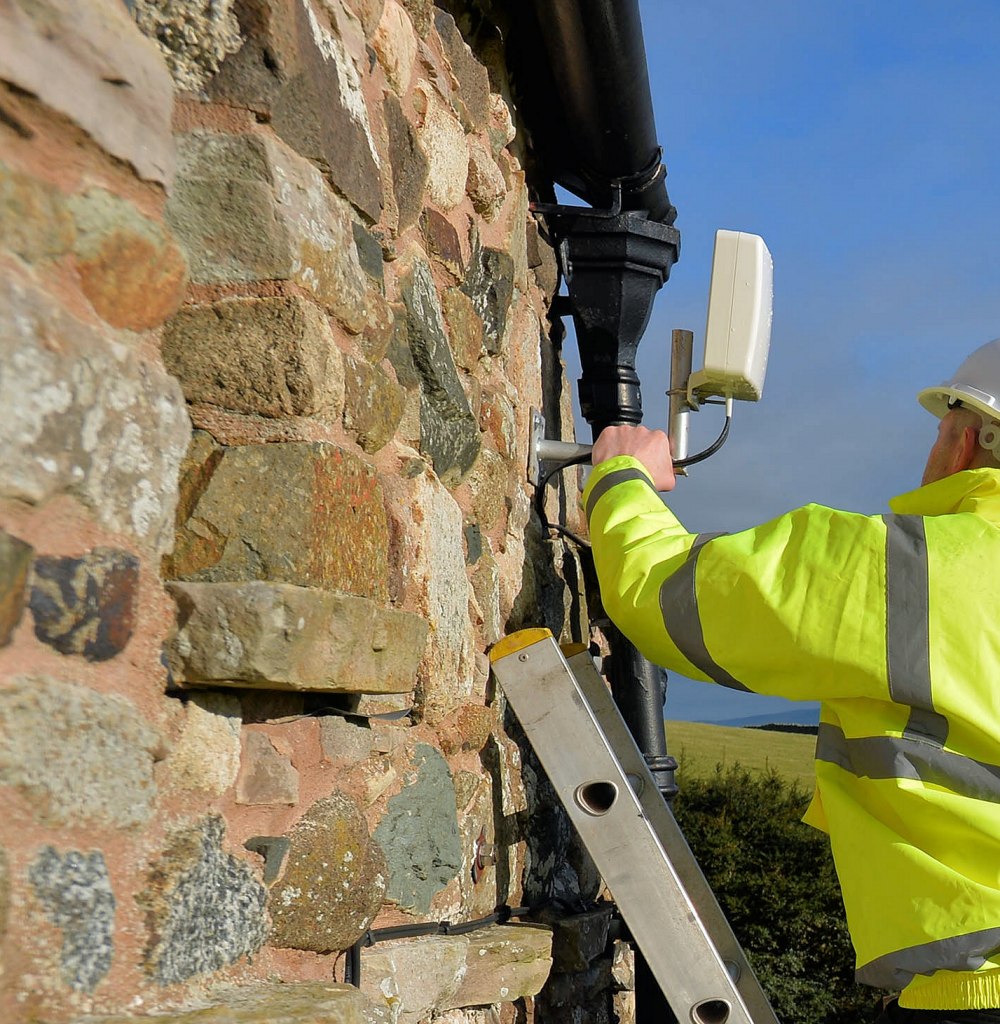



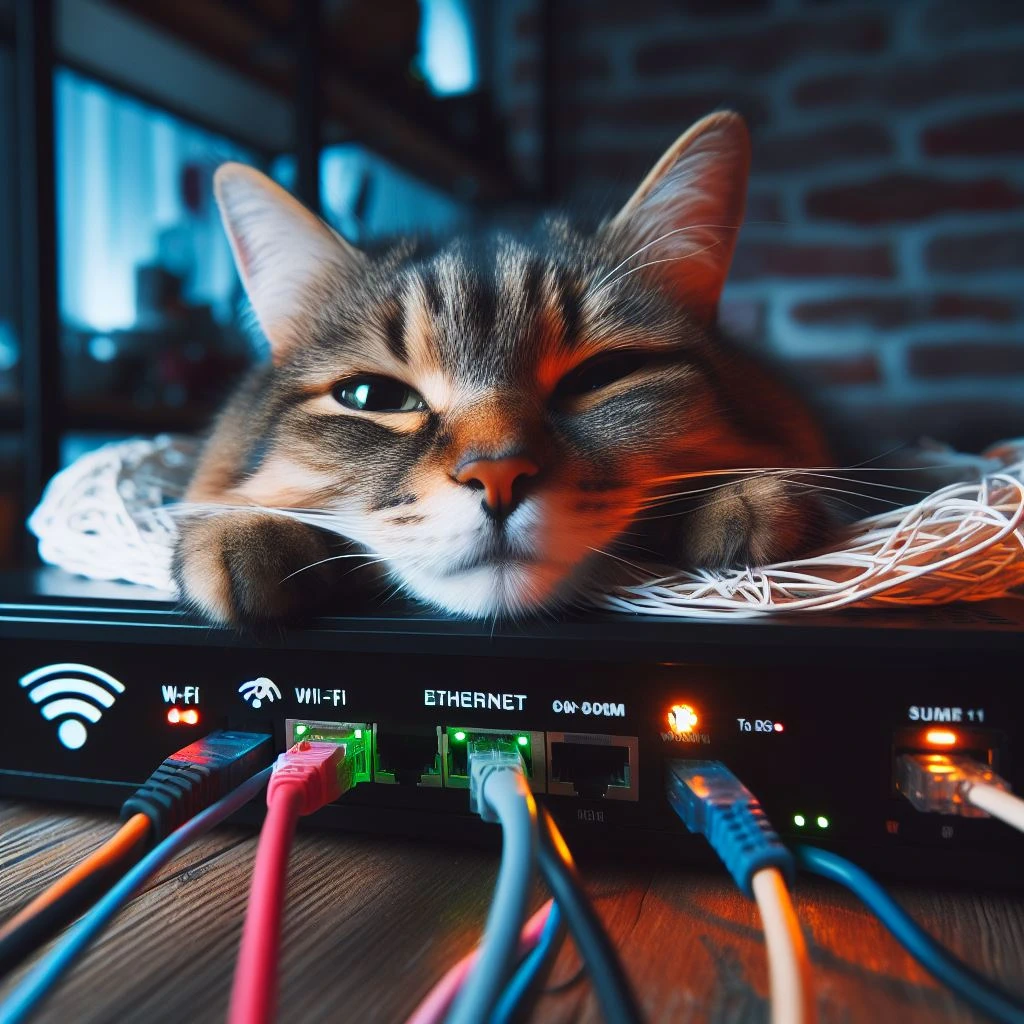



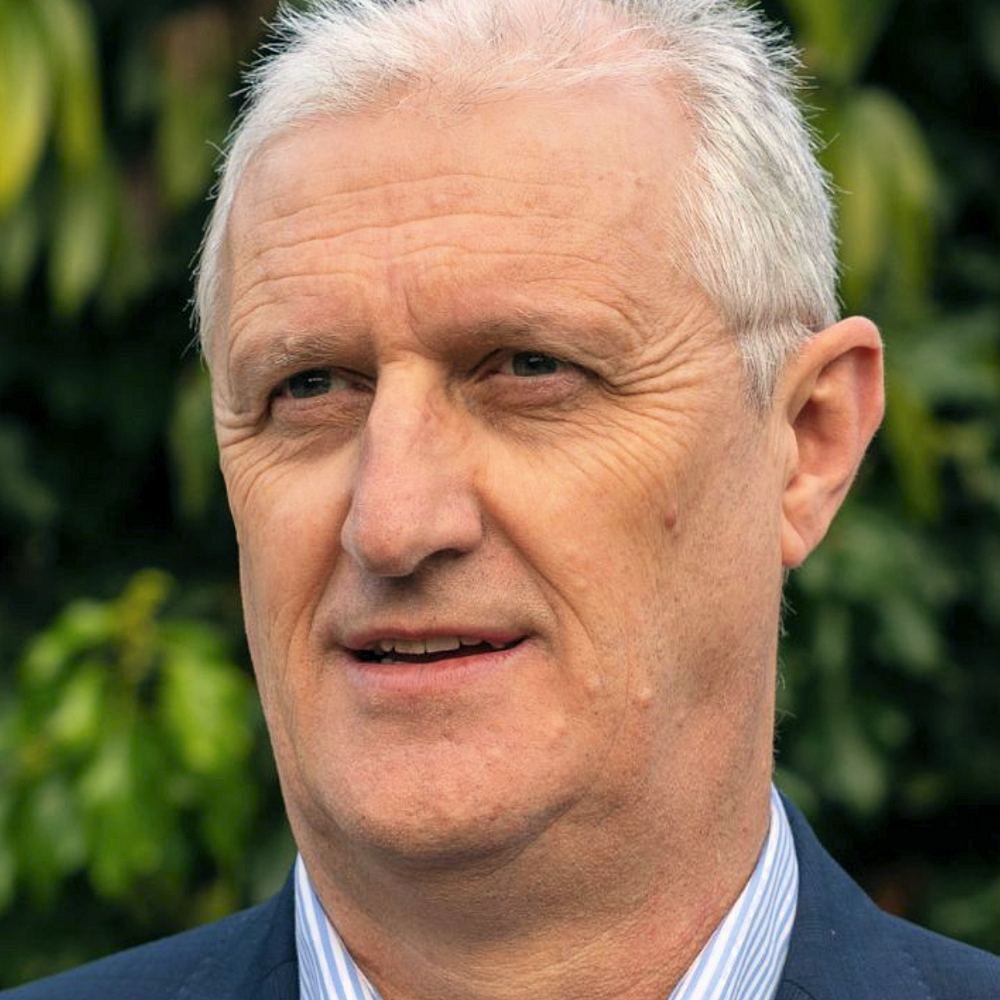

*Broadband and/or TV bills
Would be interesting to know how that splits.
Reckon people would keep their broadband and ditch Disney+/Netflix/AppleTV first…
It’s a pretty solid bet that people would cancel streaming services before they cancelled the internet connection that is required for those streaming services to function 🙂
They only have that choice if content and delivery are separate contracts. Take up of separately contracted over the top VoD services has been slightly lower in social classes C2DE (published data), and whilst you can make some guesses for VM and Sky there’s not much published. If a household buy a bundled broadband and content service, then they can’t separately choose which element not to pay, and visually it’s always seemed that VM and Sky are unduly successful in lower income areas. But see my comments further down this thread below – sometimes making changes is simply prudent behaviour, but not paying a contracted bill is different and often a reflection of chaotic lifestyles. Some of this press release is simple reality pressed into service to create a misleading impression. An example is 56% of households making changes – that’s not shocking, unfair, or unexpected, it’s exactly what you’d expect if costs go up. I’m well off, well paid, no mortgage, but I’ve still made changes based on rising costs. I’ve even changed ISP, put my landline to a VOIP provider, but that’s just sensible changes where I’ve had enough of VM’s userous pricing practices.
As an aside that’s relevant to the topic, but not at all to the story here, isn’t it curious that the BBC is carrying reams of breathless and shocked stories about cost of living crisis and families going without and poor takeup of social tariffs, yet the TV licence has no social tariff? Hypocrites of the first order, but then that’s nothing new.
32% of those who missed a bill….
Not 32% of all customers.
So about 2% of all customers actually had issues paying their broadband.
It’s about time much of the telecommunications sector was nationalised
Whatever you say ‘Red Ken’
“It’s about time much of the telecommunications sector was nationalised”
Says the person who’s clearly not old enough to remember the abysmal standards of service, lack of innovation, lack of choice, and poor value for money when telecoms were state owned. On the other hand, I can.
@Andrew G
We’re living in 2023, not 1973 anymore. Inefficient working prractices have been massively improved upon, you can’t **FOREVER** use the argument of what happened 40+ years ago, ala Uncle Albert from Only Fools & Horses. Good example in railways: East Coast Main line is currently being run by the state signficantly better than the private owned firms National Express, Virgin and wait for it….British Rail
If can’t do three hours of work to pay 20GBP/month for broadband then you probably better stay offline anyway..
Socialist Sensationalist newspapers..
It’s Which?, not a newspaper. Which leadership are very taken with fashionably metropolitan causes about affordability or environment, whilst they do product testing on coffee makers costing up to a thousand quid a pop, or test cars costing up to £154k. Directors all appear to be “swirlers” from the press, campaigning or rent-a-nonexec sectors, so all like minded fellow travellers. I guess they’re testing the pricey stuff for their own directors – the last CEO was paid half a million quid a year, the latest one is on over £250k.
The other thing, in the majority of cases these “can’t afford” outcomes are actually not about not having the money. I’ve done a lot of work looking at bad debt management for energy suppliers. The people who miss payments on utilities generally do have either the resources, or could readily access additional help, but their personal affairs are and always will be chaotic. Some are on benefits, some are working, some have both, and therefore giving them more money won’t help other than as a one off fix. There’s US research that shows 70% of big lottery winners become bankrupt in a few years, I’d guess the UK figures aren’t that far behind, and it’s the same principle because the chaotic are more likely to spend on gambling, hence buy more lottery tickets, but because they make poor choices money runs through their hands regardless how much they have. Sometimes this chaos is down to low intelligence, sometimes poor education/lack of knowledge, sometimes mental health issues & dependence. But as a personal observation I suspect it’s mostly an inherent aspect of personality, and that’s why most interventions fail.
This means there’s only three options:
1) Stop handing out so much in benefits that these people have control over (and can mis-spend) and to have direct state provision of those utility services and housing support. People don’t like that idea of nanny state, but it’s the only genuinely effective option – and still doesn’t work perfectly at the interface where people dip in and out of benefit eligibility.
2) The approach (surprisingly common in the high welfare EU countries) of saying “we calculate our benefits fairly, we gave you the money to cover your utilities, if you spend it on something else the outlook’s on you!”. Guardian readers and BBC journos spend their lives gnashing their teeth if some of the benefiterati can’t pay the bills and shrieking it’s Tory austerity and Brexit to blame. In Germany, in the same circumstance people generally just point to how much the state has given them and say it’s up to the individual.
3) Or we do what we we’re doing. Hand-wringing by the liberal press egged on by the poorly governed charity sector, with government forcing energy, telecoms, water to offer social tariffs (a shadow welfare state paid for by those who do pay their bills), but because of that chaotic aspect, take up of these is poor. And then we have an endless cycle of “research” that puffs up the problem, complaints ministers should do something.
There’s your choices, which would you go for?
@Andrew G Worth noting the US partially hypothecates their benefits (your option 1) at a federal level, in the area of food (basic groceries).
Commonly called “food stamps” (renamed in recent times to SNAP) but is now electronic (“EBT card” administered by states), part of a wider group of similar social programs (WIC is another, aimed at parents/children, and food parcels for elderly poor)
These programmes are actually run by Dept of Agriculture, rather than part of wider social security, medicare etc.
SNAP/WIC can only be used on certain products, so it creates additional administration overhead for the retailer when an EBT card is presented at the till (the till needs to track separate total for eligible and ineligible products, with ineligible products needing to be paid by cash or other payment means). Some retailers don’t accept EBT (mainly small independent corner shops) because of the admin overhead, and predictably there is some fiddling of the system (people shopping together, one buying all the EBT eligible goods, the other doing the non-eligible, then divvying up the shopping afterwards)
There are some quirks–I think some foods can be EBT eligible but also liable for state/local sales taxes.
And the UK did do option 1 (milk tokens), and kind-of still does (NHS vs. what happens in the US with poor having to pay more of their medical bills out of pocket even if they are eligible for Medicaid/Medicare/ACA)
Indeed – it’s a Guardian reader belief that the US has no welfare state, yet the actual numbers show the US spending proportionately more on welfare than we do, and notably more on unemployment benefits:
https://data.oecd.org/socialexp/social-spending.htm
There’s significant polarisation of opinion and limited evidence on how well this approach works (and predictably the European left are rabidly opposed), but anything that provides basic needs and can’t be mis-directed by poor individual choices would be an advance on the UK’s current system, and could apply to telecoms, energy, water and food, replacing most cash benefits other that a stub to meet other needs.
Guardian readers are the real conspiracy theorists, not only they believe that the bigger welfare state the better and universal basic income and other terrible ideas, they believe that the weather gods will end life, that wearing a dress makes you a woman and that there’s a system producing men to oppress women
They even go as far as calling the movie Sound of Freedom as a conspiracy. The movie is about a real life sting operation that brings down a child trafficking ring. This is the same guardian that actually PRAISED the same Colombia operation years ago. What happened over the last 2 decades where they went from reporting news to brainwashing people or even defending criminals and smearing the innocent
Lol I just work more so I can pay the bills for my family, it isn’t rocket science. Work 11+ hours a day, still exercise for over an hour daily, get time with the kids AND an hour or so before bed of PS5 or TV. There is no excuse unless you are disabled. When I’m out walking I see most households just sat in their living rooms watching TV or glued to their phones.
“What happened over the last 2 decades where they went from reporting news to brainwashing people or even defending criminals and smearing the innocent”
Indeed, it was once balanced and professional with a stated and tolerable left-leaning, but across the digital era they’ve become as polarised as many other sources, and their mission is not actually to do anything better, but simply to do away with the Tories. Now, doing away with the Tories has to be a good thing based on the last 13 years of failure, but the Guardian’s increasingly uncritical acceptance of the broken thinking of the Labour party has already reduced them to the standard of the Daily Mail. You get what you pay for, and in both online cases they’re free.
Bill Gates is certainly getting what he paid for, which is population indoctrination with his control of the guardian and BBC through the millions he poured. I would reckon that’s the turning point, just as the property market was undervalued for decades, so was the control of information
Labour and the Tories are the same party pushing the same things yet none of these papers actually push good alternatives instead just devolve into “Scottish lady destroyed the economy”, devoid of any facts but still greatly effective
The BBC is now defending an old married man with kids paying 35k for a kid to sent him nudes. But they will accuse Elon Musk and Andrew Tate with zero evidence or even making up fake people
The daily mail is also a joke, just yesterday they were smearing the Tucker Carlson interview. They despise millions of people turning to alternative media, which is the future because no one trusts these state propaganda rags anymore
To save a few £’s, these people could always cancel their £79 per year subscription to Which!
It’s not Which readers that can’t afford anything, to judge by what I read and the products Which test, the membership demographic is heavily skewed towards wealthy pensioners. I’m on the cusp of being one, so I’ve reasonable grounds for concluding that. It’s Which management who bring in all the social concern stuff that applies to people who (almost entirely) are not and never will be Which members.
Which is a bit like the National Trust, where management took on all the liberal causes and beliefs of the day, and were totally surprised that the membership and volunteers did not in fact share the same BBC/Guardian/Islington beliefs.
These people would have more money if they did not take their one child to / from school on their own.
Halve your costs and do a car share so that one parent takes two children in one direction, then the other parent takes both children in the other direction.
Or smoke less save money too
You’ve evidently had no experience of analysing who gets into debt, why they get into debt, and what can be done about it. But don’t let that stop your soapboxing, it’s amusing.
Are you suggesting someone been working hard, been considerate, got education, job and was living a just life and then oops can’t pay for internet even with all the world benefits available? You might be just trolling or irresponsible, or both.
@ to anon says: The world is more graduated and complex than you seem to understand. There’s many reasons why people end up skipping bills, and compared to james smith’s initial inference, it’s not all or even primarily about lazy, feckless graspers. There are people like that, but the sort of people who end up skipping a utility bill, and then ending up being forced onto pre-pay, or incurring late payment surcharges, or getting their credit history messed up are primarily not of that nature.
Presumably those who didn’t have the genes to achieve in education or perhaps didn’t even have the opportunity those are second class citizens? The people juggling several part time, potentially zero-hours and insecure jobs so that people like you can get stuff delivered cheaply or the like, they’re not worth a thought? And “living a just life”, WTF does that mean? Anybody who’s ever been in a spot of trouble or carrying the consequences of a poor life choice such as teenage pregnancy is forever tarred and not fit to mix with the rest of humanity?
An idea for you, get out of your smug middle class home, and go volunteer with a charity that supports the homeless, or people with money trouble, or mental health or addiction issues. Then you’ll find out what the world is like and perhaps you’ll develop some empathy towards those less fortunate.